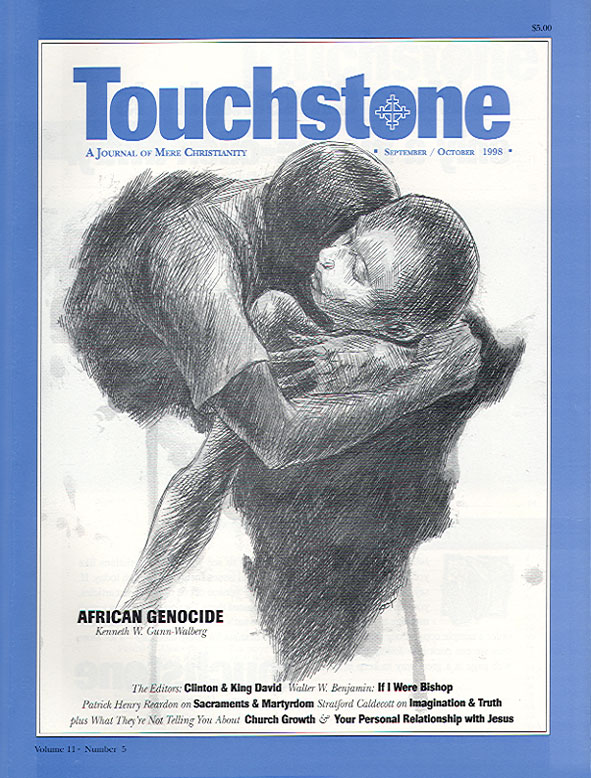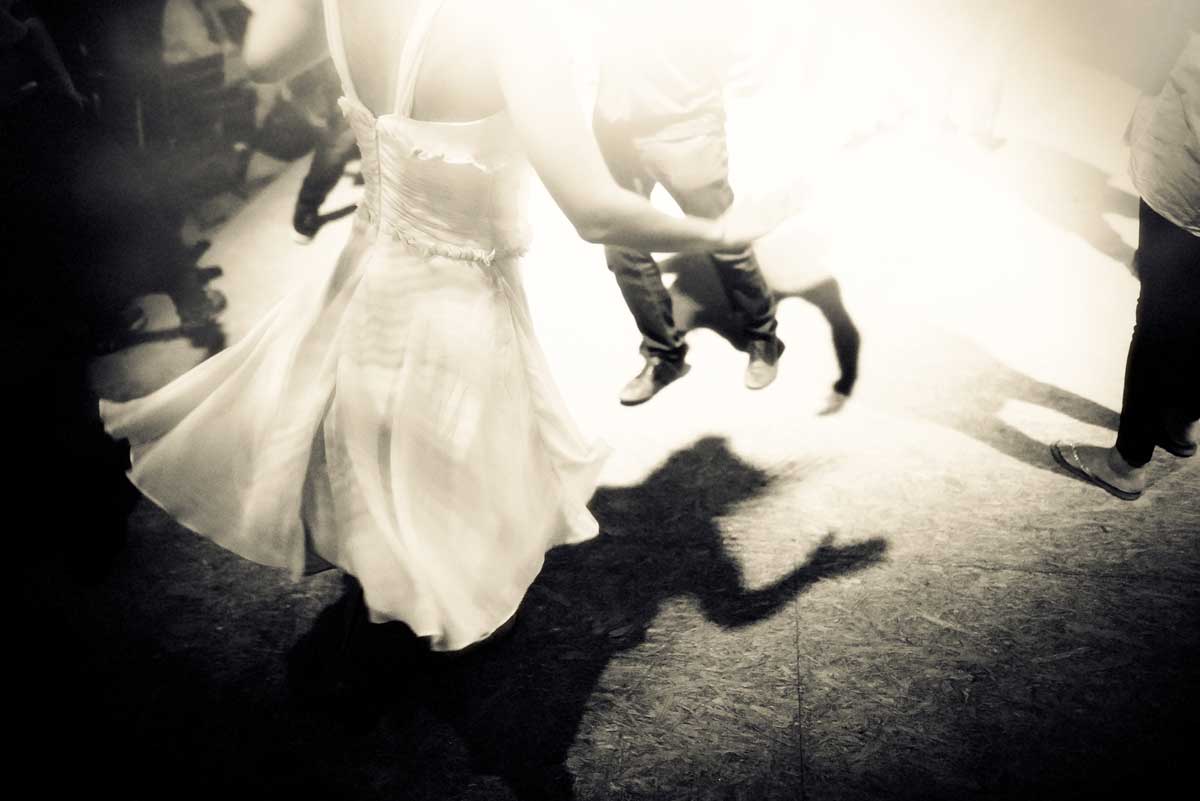On Ecumenism
The Orthodox Churches & the World Council of Churchesby Peter Bouteneff with responses by S. M. Hutchens, David Mills, Gene Edward Veith, and Louis R. Tarsitano
The following is a shortened version of an article by Peter Bouteneff that was posted on the Internet by the WCC.
In 1920, long before the formation of the World Council of Churches (WCC), the ecumenical patriarchate addressed an encyclical “Unto the Churches of Christ Everywhere.” This was a call from the senior patriarchate of the Eastern Orthodox Church to all the Christian churches to overcome mistrust and bitterness, and to explore together the fellowship that exists between them even in spite of doctrinal differences. The encyclical called for several practical steps to be taken to bring churches into a closer relationship, including the inauguration of new relationships and exchanges across a broad spectrum of church life. Among these practical suggestions was that a “league” or “fellowship” be set up, following the example of the recently established League of Nations.
The Orthodox were thus a central part of the “ecumenical stirrings” at the beginning of the twentieth century, and helped to encourage the formation and continuation of the movements that would combine forces in 1948 to form the World Council of Churches.
Only seven years after the encyclical, the Orthodox delegation submitted an official statement to the First World Conference on Faith and Order at Lausanne in 1927. At this inaugural conference of the Faith and Order Commission, the “theological wing” of the ecumenical movement, the Orthodox said that while they came and participated “inspired by a sincere feeling of love and by a desire to achieve an understanding,” they regretfully found that the bases of the official reports were inconsistent with the self-understanding of the Orthodox Church. For this reason, they felt compelled to abstain from voting at the conference.
From the very beginning, then, the Orthodox have had a relationship with modern ecumenism that is characterized by enthusiasm and by discomfort, by encouragement and criticism, by joy and sorrow.
These are critical times in the encounter between the Orthodox churches and the WCC. A painful sign of the tensions that seem to be increasing in current years was the withdrawal from WCC membership of the Orthodox Church of Georgia in May 1997. Without exception, all Orthodox churches today are in the process of serious reflection among themselves concerning the nature and purpose of their participation in institutionalized ecumenism. What are some of the tensions being experienced?
The Orthodox Situation
Many difficulties arise out of recent dimensions on the political sphere. The fall of Communism has resulted not only in a sudden increase of religious liberty and opportunity that has led to a renaissance of spirituality and church life, but also a rise in nationalism and xenophobia that impedes receptivity to ecumenical endeavors. Among Orthodox in the West, other considerations can conspire to foment suspicion or hostility towards inter-Christian cooperation: emigrants from predominantly Orthodox countries, and also converts from non-Orthodox churches, sometimes define their Orthodox identity by emphasizing what they are not, as much as by stressing what they are. To all of this one can add the increase of fundamentalism, which is felt worldwide and across confessional lines.
The WCC Climate
Many Orthodox have increasing difficulty aligning themselves with what they perceive as the character and agenda of the WCC. When theological, sociopolitical or moral-ethical themes are discussed, some feel that there appear to be virtually no limits to the diversity that is tolerated. To many, although the WCC does not draw up or dictate policies of its own, there is a de facto tendency to place more conservative moral or theological positions on the defensive. Worship services in ecumenical settings can tend strongly towards a character that is quite foreign to Orthodox sensibilities. In all, Orthodox participants in the WCC feel that, thanks to a number of factors, they are a minority, sometimes even a special interest group, among a large Protestant majority.
subscription options
Order
Print/Online Subscription

Get six issues (one year) of Touchstone PLUS full online access including pdf downloads for only $39.95. That's only $3.34 per month!
Order
Online Only
Subscription

Get a one-year full-access subscription to the Touchstone online archives for only $19.95. That's only $1.66 per month!
bulk subscriptions
Order Touchstone subscriptions in bulk and save $10 per sub! Each subscription includes 6 issues of Touchstone plus full online access to touchstonemag.com—including archives, videos, and pdf downloads of recent issues for only $29.95 each! Great for churches or study groups.
Transactions will be processed on a secure server.
more on Orthodox from the online archives
more from the online archives

28.3—May/June 2015
Of Bicycles, Sex, & Natural Law
Describing Human Ends & Our Limitations Is Neither Futile Nor Unloving by R. V. Young
calling all readers
Please Donate
"There are magazines worth reading but few worth saving . . . Touchstone is just such a magazine."
—Alice von Hildebrand
"Here we do not concede one square millimeter of territory to falsehood, folly, contemporary sentimentality, or fashion. We speak the truth, and let God be our judge. . . . Touchstone is the one committedly Christian conservative journal."
—Anthony Esolen, Touchstone senior editor









